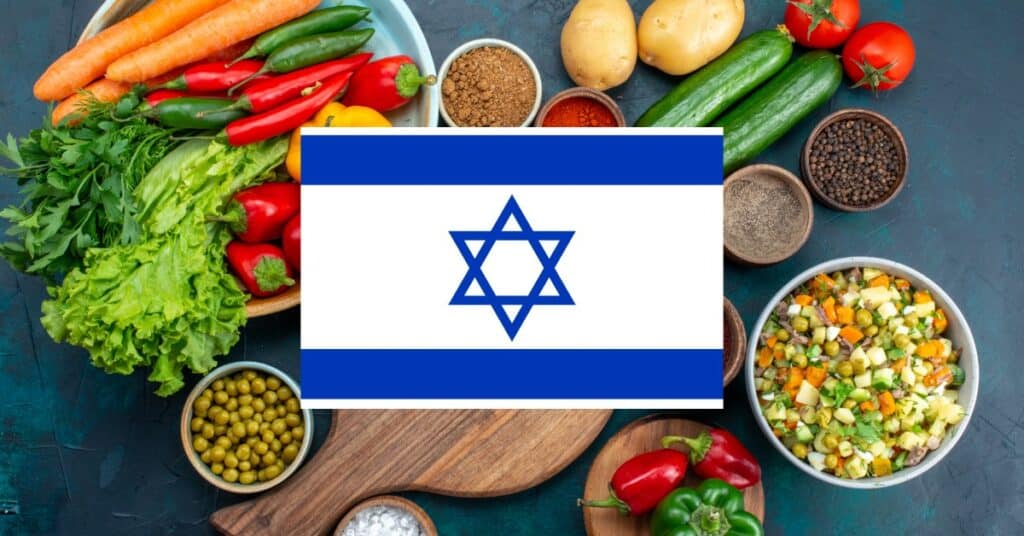Are you ready to have fun while learning Hebrew? Explore the world of vegetables in Hebrew through interactive games and activities. Turn language learning into an exciting adventure as you uncover the names of different vegetables in Hebrew. Let's play games to learn Hebrew and expand your language skills while having a blast!
Games
Study Resources
Vocabulary
| English | Hebrew |
|---|---|
| artichoke | ארטישוק |
| beans | שעועית |
| broccoli | ברוקולי |
| cabbage | כרוב |
| carrot | גזר |
| cauliflower | כרובית |
| celery | סלרי |
| corn | תירס |
| cucumber | מלפפון |
| garlic | שום |
| lettuce | סלט |
| mushroom | פטרייה |
| onion | בצל |
| peas | אפונה |
| pepper | פלפל |
| potato | תפוח אדמה |
| pumpkin | דלעת |
| spinach | תרד |
| tomato | עגבניה |
| zucchini | קישוא |
Quick Facts
- Vegetables in Hebrew are called "ירקות" (yarkot).
- There are many different types of vegetables in Hebrew, such as גזר (gezer) which means carrot, עגבניה (agvaniyah) which means tomato, and כרוב (karov) which means cabbage.
- Vegetables are an important part of the Hebrew diet, as they are rich in vitamins and nutrients.
- Vegetables are often used in traditional Hebrew dishes, such as סלט ירקות (salat yarkot) which means vegetable salad and תחינה (techina) which means tahini, a sauce made from sesame seeds.
- Many Hebrew speakers grow their own vegetables in gardens or on farms to ensure they have fresh and healthy produce.
Downloads
Vocabulary List
Download:vegetables_in_hebrew.pdf









